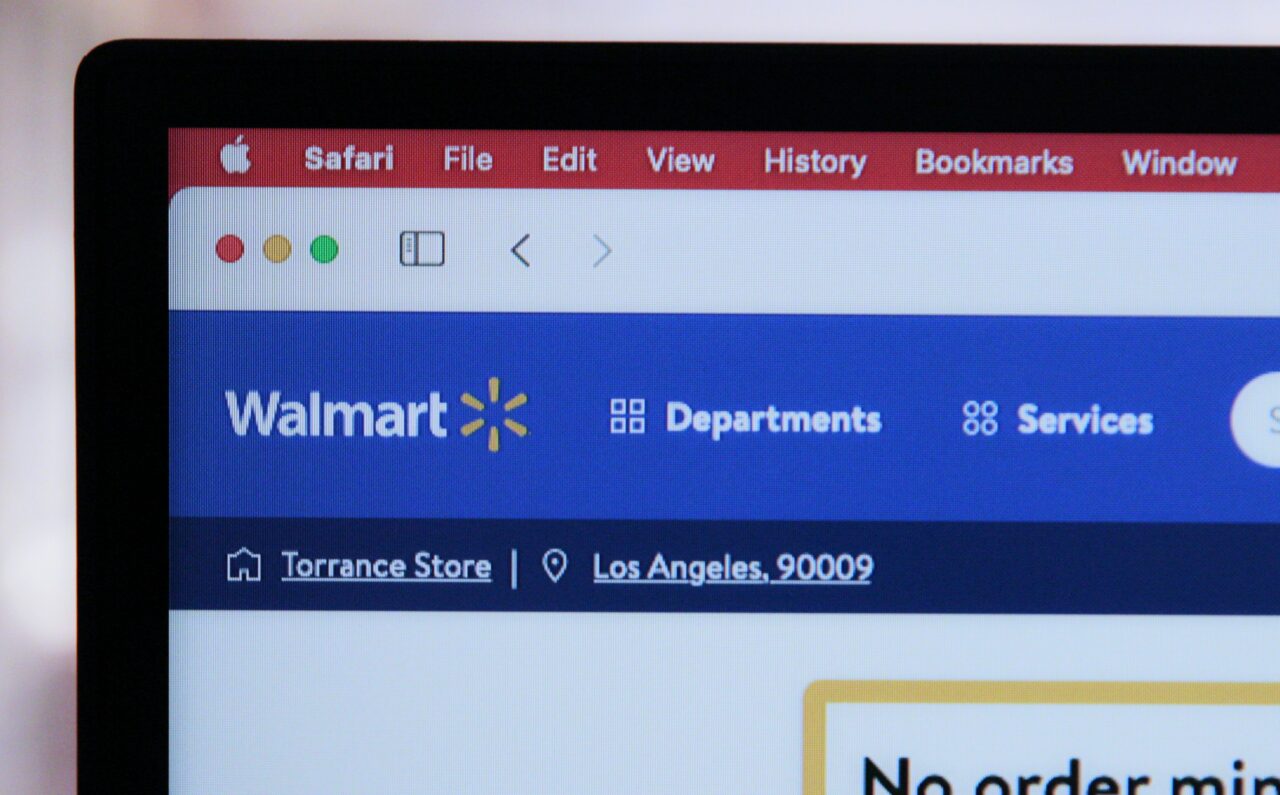
- Walmart is partnering with Fiserv to enable pay-by-bank payments for online purchases starting in 2025.
- Benefits to Walmart include lower transaction costs, faster settlement, reduced fraud, and fewer payment declines, while customers can avoid stacked pending transactions.
- Consumers may face challenges like added friction and lost credit card rewards, but early pilot results have exceeded Walmart’s expectations for pay-by-bank adoption.
Walmart made its latest move in the fintech space this week after announcing it has partnered with Fiserv to offer pay-by-bank for online purchases.
Bloomberg unveiled this week that, while the retailer has offered pay-by-bank via Walmart Pay for a few months now, the payments were routed through ACH payment rails and still took days to clear. Beginning in 2025, however, Walmart will leverage Fiserv’s NOW Network, which will route the payments through The Clearing House’s Real Time Payments network and the Federal Reserve’s FedNow. Launched in 2014, Fiserv’s NOW Network aims to reach as many banks as possible to provide consumers and businesses the ability to send, receive, and access funds immediately while supporting credit push payments.
Starting next year, customers will be able to make online purchases using pay-by-bank by connecting their bank account through Fiserv’s AllData platform. The platform will facilitate authentication and securely link bank accounts. This will be done through integrations with Plaid, MX, Akoya, and Finicity, ensuring a seamless and secure connection to customer accounts.
Leveraging Fiserv to power real time payments is an important move for Walmart as it enters the pay-by-bank game. As Fiserv Head of Digital Payments Matt Wilcox told Bloomberg, “As an industry we believe we need to create this connectivity. FedNow and RTP, they don’t necessarily talk to one another. The NOW Network can play that role in the industry of bringing all these networks together to enable applications like pay-by-bank.”
Walmart stands to receive multiple benefits when consumers choose to pay-by-bank. The retailer will face lower transaction costs by bypassing credit card networks; increased cash flow, since bank transfers settle faster than card transactions; reduced fraud and fewer declines, since the pay-by-bank payments offers direct access to and will authenticate a customer’s bank account; and the potential to reach more consumers who may not have a credit or debit card.
From a consumer perspective, the benefits of pay-by-bank are more difficult to find. Unlike the merchant, they don’t experience any cost savings for opting for pay-by-bank, there is added friction involved in connecting their bank account to Walmart’s platform, they lose out on credit card rewards, and in the event their account is hacked, fraudsters will have the option to make purchases directly from their account, instead of on a credit card that would offer an extra layer of protection while the customer disputes the transaction.
That said, Walmart is touting the ability for pay-by-bank to help consumers avoid stacked pending transactions. “When the transaction processes as a real time payment, customers get immediate access to see that payment come through, I see it hit my account and I can properly budget,” said Walmart Vice President of Emerging Payments Jamie Henry. “It’s not as if I’ve got this phantom payment out there that’s going to take place a couple days down the road.”
And while I remain skeptical on the mass consumer adoption of pay-by-bank, perhaps Walmart’s customer base is more well suited for these types of transactions. Henry said that the initial pilot of pay-by-bank was surprising. “It’s certainly surpassed our expectations of the amount of customers that have registered and actually use the payment type,” he said.
Photo by Marques Thomas on Unsplash











